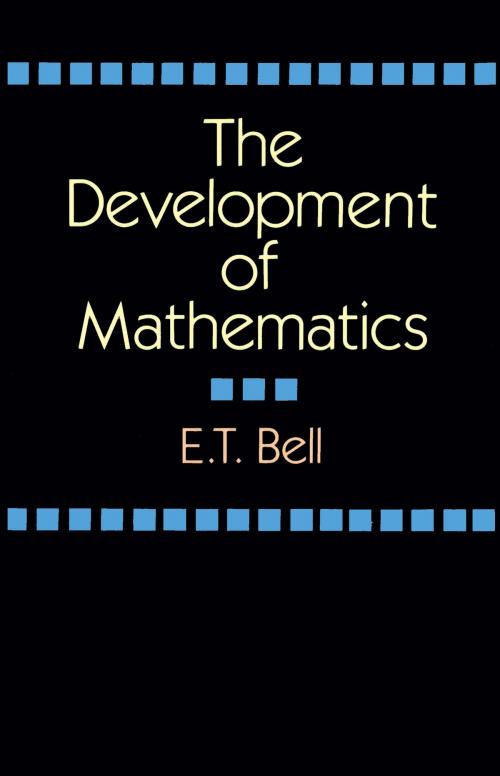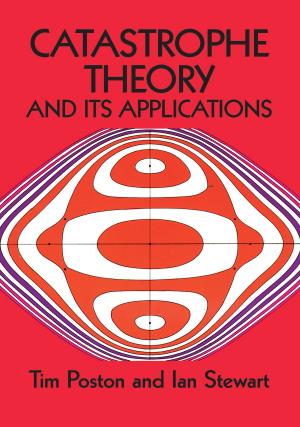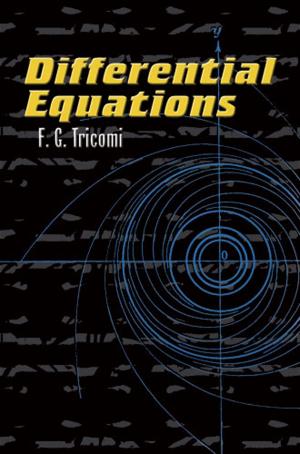| Author: | E. T. Bell | ISBN: | 9780486152288 |
| Publisher: | Dover Publications | Publication: | September 11, 2012 |
| Imprint: | Dover Publications | Language: | English |
| Author: | E. T. Bell |
| ISBN: | 9780486152288 |
| Publisher: | Dover Publications |
| Publication: | September 11, 2012 |
| Imprint: | Dover Publications |
| Language: | English |
"This important book … presents a broad account of the part played by mathematics in the evolution of civilization, describing clearly the main principles, methods, and theories of mathematics that have survived from about 4000 B.C. to 1940." — Booklist.
In this time-honored study, one of the twentieth century's foremost scholars and interpreters of the history and meaning of mathematics masterfully outlines the development of leading ideas and clearly explains the mathematics involved in each.
Author E. T. Bell first examines the evolution of mathematical ideas in the ancient civilizations of Egypt and Babylonia; later developments in India, Arabia, and Spain; and other achievements worldwide through the sixteenth century. He then traces the beginnings of modern mathematics in the seventeenth century and the emergence of the importance of extensions of number, mathematical structure, the generalization of arithmetic, and structural analysis. Compelling accounts of major breakthroughs in the 19th and 20th centuries follow, emphasizing rational arithmetic after Fermat, contributions from geometry, and topics as diverse as generalized variables, abstractions, differential equations, invariance, uncertainties, and probabilities.
"This important book … presents a broad account of the part played by mathematics in the evolution of civilization, describing clearly the main principles, methods, and theories of mathematics that have survived from about 4000 B.C. to 1940." — Booklist.
In this time-honored study, one of the twentieth century's foremost scholars and interpreters of the history and meaning of mathematics masterfully outlines the development of leading ideas and clearly explains the mathematics involved in each.
Author E. T. Bell first examines the evolution of mathematical ideas in the ancient civilizations of Egypt and Babylonia; later developments in India, Arabia, and Spain; and other achievements worldwide through the sixteenth century. He then traces the beginnings of modern mathematics in the seventeenth century and the emergence of the importance of extensions of number, mathematical structure, the generalization of arithmetic, and structural analysis. Compelling accounts of major breakthroughs in the 19th and 20th centuries follow, emphasizing rational arithmetic after Fermat, contributions from geometry, and topics as diverse as generalized variables, abstractions, differential equations, invariance, uncertainties, and probabilities.















